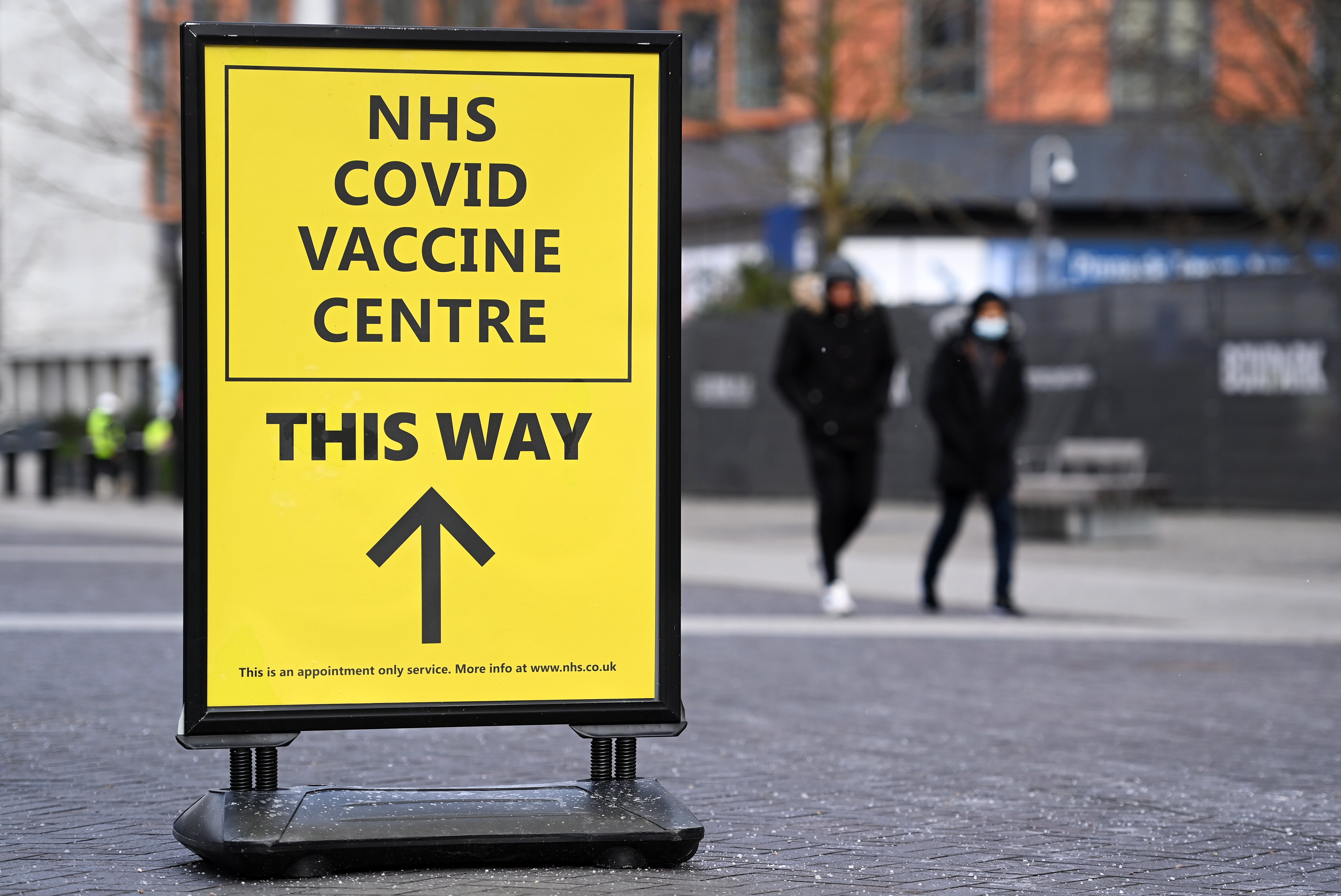NHS to use postcode-level data to target communities with poor vaccine uptake
Some communities and poorer areas are falling behind on covid vaccinations

Your support helps us to tell the story
From reproductive rights to climate change to Big Tech, The Independent is on the ground when the story is developing. Whether it's investigating the financials of Elon Musk's pro-Trump PAC or producing our latest documentary, 'The A Word', which shines a light on the American women fighting for reproductive rights, we know how important it is to parse out the facts from the messaging.
At such a critical moment in US history, we need reporters on the ground. Your donation allows us to keep sending journalists to speak to both sides of the story.
The Independent is trusted by Americans across the entire political spectrum. And unlike many other quality news outlets, we choose not to lock Americans out of our reporting and analysis with paywalls. We believe quality journalism should be available to everyone, paid for by those who can afford it.
Your support makes all the difference.The NHS is to spend £4.2m targeting ethnic minorities and deprived communities at a postcode level to increase the uptake of coronavirus vaccines.
NHS England bosses are concerned about lower vaccination rates among some communities in the top four priority groups, leaving people at greater risk of serious infection and death.
In a letter to local clinical commissioning groups on Wednesday NHS England said they would be given the extra cash and expected to work with local directors of public health to try and persuade at risk groups to have the vaccine.
More than 18 million people have received at least one dose of either the Pfizer/BioNtech or Oxford/AstraZeneca vaccine but concern has been growing over the reluctance of some groups to have the jab.
Analysis by The Independent earlier this month of vaccination rates against deprivation and found poorer areas had lower uptake of the jabs.
NHS England has said it was also seeing specific vaccine hesitancy among black communities which have the highest levels of reluctance, while Pakistani and Bangladeshi communities had a higher hesitancy than white British and Indian communities.
It also warned that homeless people, asylum seekers and refugees as well as traveller communities may struggle to access vaccines.
Now the £4.2m of funding will be spread across the worst performing areas to fund specific engagement with communities to encourage them to be inoculated.
CCGs will be given data on vaccine uptake at a postcode level with activities to increase confidence in the vaccine and combating myths circulating in some ethnic communities. They will also be looking at removing barriers that prevent people accepting vaccine appointments.
Some areas in Manchester and other parts of the country have already set up mobile vaccination units and used local community centres after residents said they were reluctant to travel into the city centre.
In Crawley, a vaccine bus that travels into local areas to deliver the jabs has been set up while GPs in some parts of the country and contact individuals directly to urge them to get the vaccine.
The NHS is also working with community pharmacists to set up temporary vaccination clinics in community settings including churches and other places of worship.
NHS England’s chief operating officer Amanda Pritchard said: “Despite considerable efforts to reach the most vulnerable members of our communities, and the high level of vaccine confidence reported across older age groups, the risk of widening inequalities among some groups is ever-present.
“Today, we have outlined support for CCGs to address vaccine inequalities. We have also written to colleagues working across commissioning, public health and primary care about further opportunities to reach out to communities with lower uptake levels by operating temporary vaccination clinics in community venues.”
The West Midlands will receive a total of £1.1m to improve vaccine uptake with the remainder spread between the regions.
The first four priority groups included those aged 70 and over as well as care home residents and those classed as extremely clinically vulnerable.
Last week an extra 1.7 million people were advised to shield after research found they were at greater risk from the virus.
On Wednesday the government said all adults registered as having a learning disability would be offered a vaccination.



Join our commenting forum
Join thought-provoking conversations, follow other Independent readers and see their replies
Comments